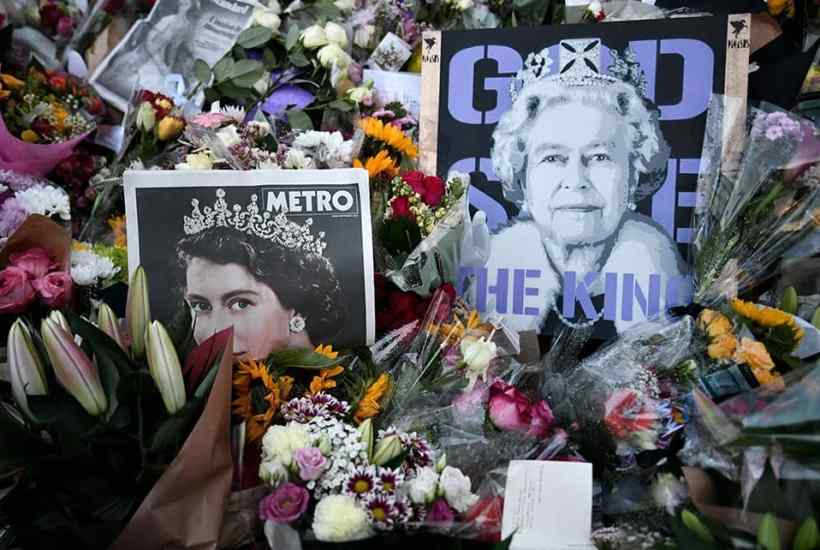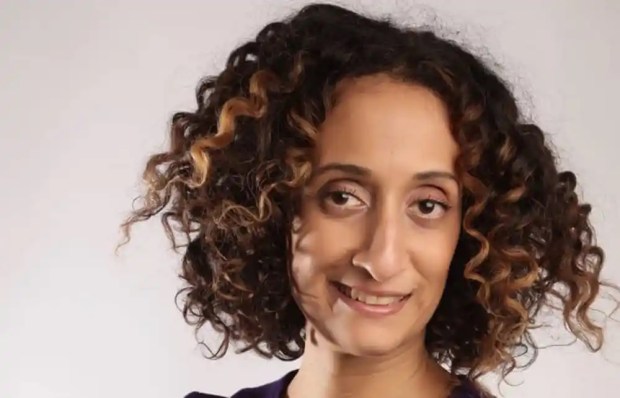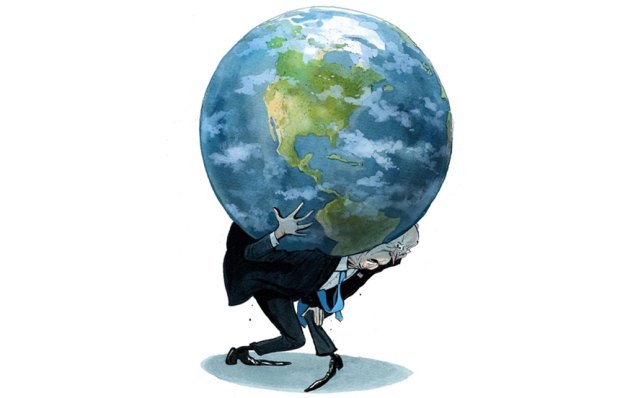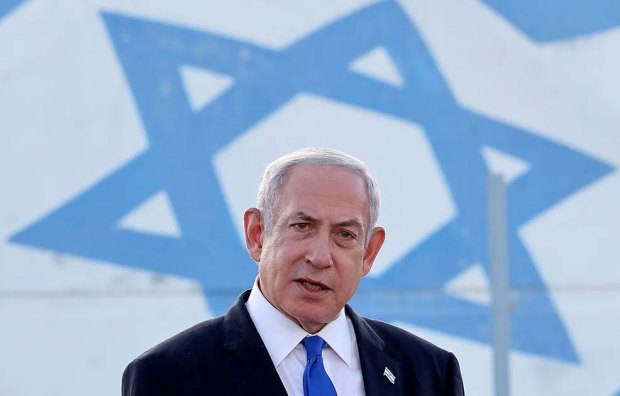Politics is in suspended animation. The only proceedings in parliament are the tens of thousands of mourners moving through Westminster Hall as the Queen lies in state.
Party politics was always going to pause after the monarch’s death. But what the planning could not have anticipated was the moment at which the politics would halt. Parliament learned of the Queen’s declining health just as a new prime minister was announcing what may turn out to be the biggest single fiscal intervention in peacetime history. Liz Truss’s plan to cap average household energy bills at £2,500 for the next two years could cost more than £100 billion – equivalent to abolishing the basic rate of income tax for a year.
But before this package could be properly scrutinised by MPs, the Speaker informed the House of the Queen’s condition and from that moment everyone’s attention was concentrated on Balmoral. Once the Queen’s death was announced, Truss’s intervention – more costly than the furlough – was confined to other news.
Instead of defending the policy, Truss found herself leading a nation in mourning, and instead of attacking the new Tory leader, the Labour party joined the political truce that has followed the Queen’s death.
It is not just the pause in politics that has led to a lack of scrutiny of the energy package. The government chose to announce the plan as part of a general debate rather than a ministerial statement. This meant that MPs had no opportunity to question the government directly about the plan other than by intervening when Truss was opening the debate or when Jacob Rees-Mogg was closing it.
The second problem is that there have been no official forecasts of how much the policy will cost and no clear statement of how the government intends to pay for it. Rees-Mogg did say that ‘as the price stabilises in due course, the government will need to consider when and how to recoup at least some of the cost of the scheme’. But beyond ruling out a windfall tax, he gave little detail about how this would be done.
To be fair, it is almost impossible to know how much this scheme will cost. It all depends on how high the wholesale price of energy is over the next two years, and that is fluctuating hugely. (In recent days, the European regional gas price has fallen substantially which has led some ministers to hope that the policy could be much less expensive than expected.) There is a joke in government that anyone who knew what the price of energy would be in 2024 would be playing the futures market, not working in Whitehall.
It is also still unclear what support will be offered to businesses, which are not covered by the household cap. Truss has promised an ‘equivalent guarantee’ for businesses for six months, with more targeted support after that. But no details of how that guarantee will work were forthcoming before politics was paused.
Setting the price of energy is a pragmatic move, not an ideological one. It is a reminder that while Truss may be driven by conviction on some points – for example her opposition to another windfall tax, even though it is backed by a majority of Tory voters – she is also aware that without a clear, comprehensive solution to the energy crisis, the issue could consume her premiership. The Institute for Economic Affairs, the free-market thinktank with which Truss has often worked during her political career, has been horrified by the cap, warning that its universalism means it amounts to ‘middle-class welfare on steroids’. But the policy appears to be popular with the public.
Once parliament resumes after the Queen’s funeral, we can expect a ‘fiscal event’ fairly rapidly. The new Chancellor, Kwasi Kwarteng, will formally introduce the policies that Truss ran on in the leadership contest: reversing the National Insurance rise and scrapping the corporation tax increase. These changes are small beer compared with the energy freeze, but unlike that measure they are meant to be permanent.
The government has chosen not to call this an emergency budget, meaning it won’t be accompanied by a forecast and analysis from the Office for Budget Responsibility. The consequences of announcing tax changes without the OBR should not be exaggerated – it was, after all, only founded in 2010. Cynics might go so far as to say that, given the OBR’s history of forecasting errors, its absence is no great loss. Equally, many of the Covid interventions were done outside of budgets or routine fiscal statements and so were not accompanied by forecasts. But there is a value to having independent assessments of government policy. Announcing major fiscal changes without them, at the same time as dismissing the Permanent Secretary to the Treasury and not having a detailed official government estimate of the cost of the energy policy, is hardly an ideal combination.
Truss and Kwarteng’s clear aim is to go for growth. Their view is that if the trend growth rate of the economy can be raised to 2.5 per cent then that solves many other problems. This is true, but achieving such rapid growth is easier said than done. There are rumours in Whitehall about ‘growth zones’ – areas where there would be particular incentives to invest and where fewer regulations would apply, but whether these can succeed remains to be seen. The most fundamental problem is that productivity has been stubbornly low since the financial crash, growing at only 0.4 per cent annually compared with an average of 2.2 per cent in the 30 previous years.
In the democratic era, Britain has never had a change in both the head of government and the head of state at the same time. How smoothly this has all gone is a reminder of the fundamental stability of parliamentary politics under a constitutional monarchy. Nevertheless, parliamentary politics requires proper scrutiny if it is to function effectively.
Got something to add? Join the discussion and comment below.
Get 10 issues for just $10
Subscribe to The Spectator Australia today for the next 10 magazine issues, plus full online access, for just $10.
You might disagree with half of it, but you’ll enjoy reading all of it. Try your first month for free, then just $2 a week for the remainder of your first year.















Comments
Don't miss out
Join the conversation with other Spectator Australia readers. Subscribe to leave a comment.
SUBSCRIBEAlready a subscriber? Log in